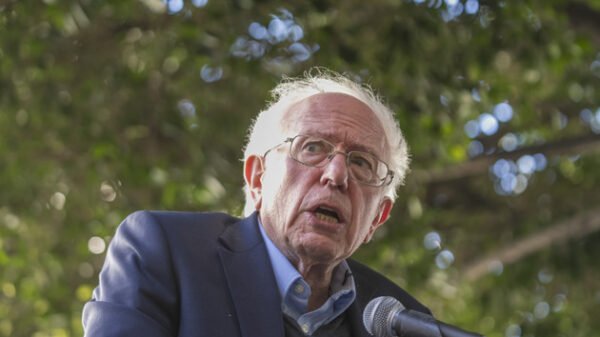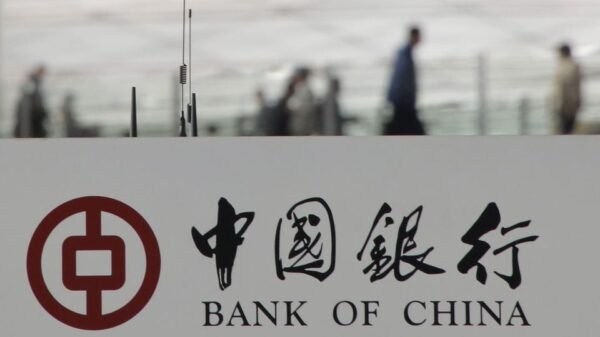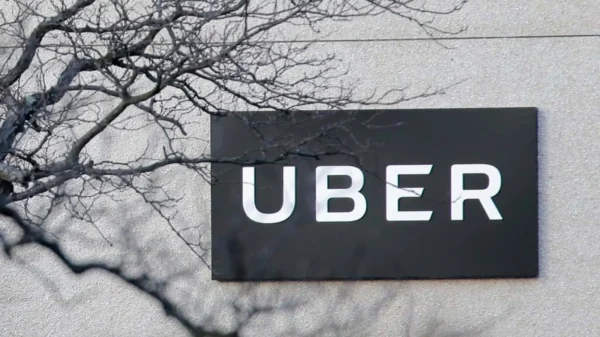In light of recent events concerning Uber, most significant of which is Uber’s CEO, Travis Kalanick, taking a leave of absence in order to quell corporate behavior news reports, Uber has reported a series of changes that it has named the 180 days of change in order to help re-brand and help redesign Uber’s business model. Among the intended changes is the introduction of tipping Uber drivers, a practice that has not for the first time been met with controversy.
Uber’s stance on tipping has for the longest time rejected including tipping based on the consequences affecting both drivers and riders that may occur, including but not limited to drivers discriminating against poorer neighborhoods in favor of wealthier neighborhoods and higher tips, or drivers being rewarded different tipping amounts for the same work due to the personal preference of riders. It is clear that including tipping changes both the business model as well as the quality of service, and not necessarily for the better. This leads to the question, why include tipping, especially considering the tension that resulted in Kalanick taking a leave of absence?
Financial gain is the driving stimulator behind introducing tipping. Despite having a significantly stronger first quarter this year compared to the first quarter of 2016, the poor publicity since has had a detrimental effect, with a lower annual growth of 40 percent compared to 2016’s 55 percent, and a decreased market share throughout the first quarter. Tipping helps compensate driver salaries without extra cost of behalf of Uber, as these will be covered by the customer instead. In doing so Uber can increase its profit margin, but is contingent on the riders adequately compensating the drivers. If done correctly, Uber will greatly benefit from tipping and help stabilize itself against its competition, and the drivers will see more flexibility and potential earnings.
Speaking of competition, Uber’s current market competitor Lyft, a similar company on a smaller scale that provides the same services. Lyft already includes tipping in their business model, providing riders with predetermined tipping amounts or the ability to choose their own. The fact that Uber’s main competitor already utilizes tipping, and that has been utilized effectively, suggests another reason for why Uber wishes to introduce tipping into their own business model. Uber is essentially missing out on a large amount of potential revenue on the expectations that it would prove too controversial and prove a detriment. But if another company can use it effectively, then it is understandable that Uber re-evaluates their stance on tipping, considering the benefits that can arise out of tipping.
One concern that needs to be addressed is the loss of a competitive edge that lacking tipping provides. Riders have expressed disdain for tipping, often preferring to opt for an upfront, fair amount, rather than need to adjust tips based on the performance of drivers. One can argue that it provides riders with more control over the quality of services rendered, as a low performance results in a poor tip. However, this is not necessarily true, based on the considerations previously mentioned concerning neighborhoods. Furthermore, Uber already has an established service rating system, and the inclusion of tipping either makes the former redundant, or prove that it is ineffective.
Uber has highlighted that the tipping service will be rolled out slowly, starting in several cities including Seattle, Minneapolis and Houston, to test the benefits and reception of tipping, and only if the results are positive will Uber then implement a larger scale of the tipping function. Tipping is currently considered the most impactful of Uber’s prospective changes; let us see whether Uber changes will prove beneficial.
Featured Image via Wikimedia






























































Comment Template